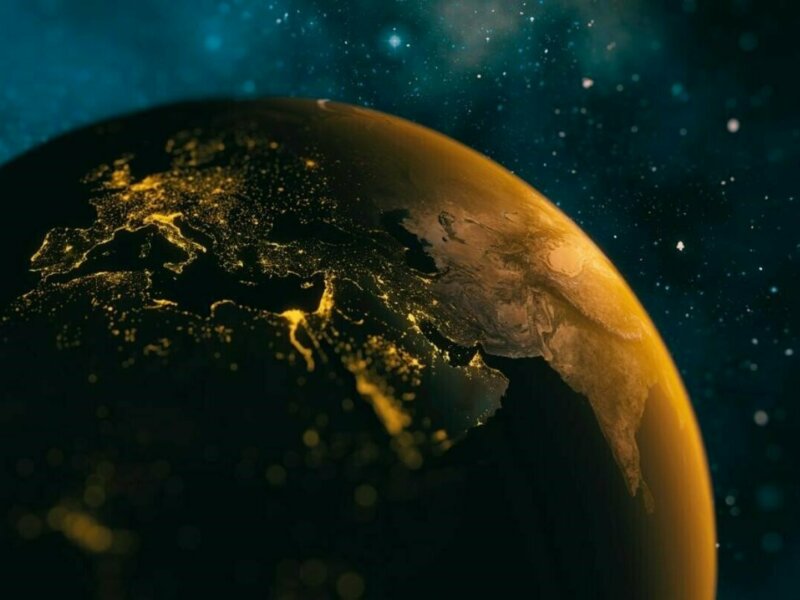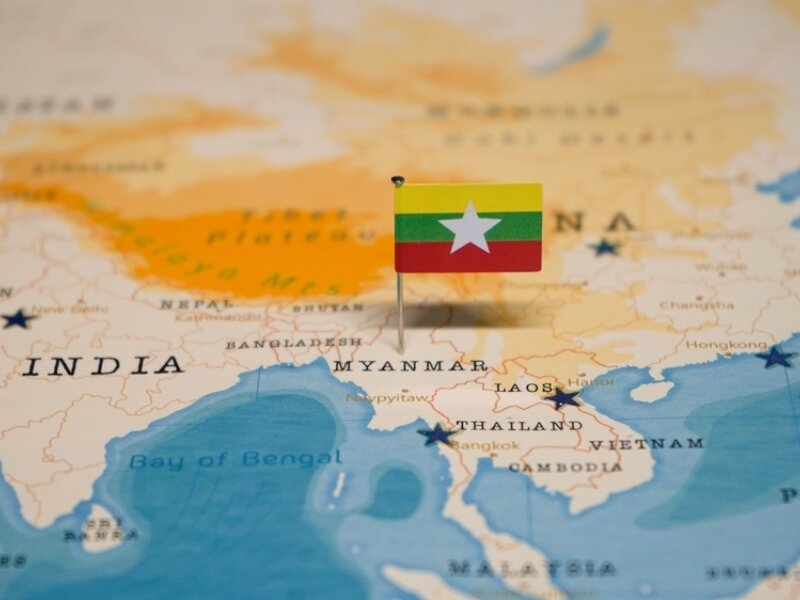The role of the Grand Ethiopian Renaissance Dam in Broader Mediterranean dynamics
The potential impact of the GERD on Northern Africa’s political balance. An analysis by Daniele Ruvinetti

The Egyptian Government has declared its willingness to re-start negotiations over the Grand Ethiopian Renaissance Dam (or GERD), a large dam built on the Blue Nile in the Benishangul-Gumuz region of Ethiopia, some 15 km east of the Ethiopian-Sudanese border.
The dam sits at the crossroads of some of North Africa’s most critical situations, such as the conflict in Tigray and destabilisation in Sudan, which has only partially recovered from institutional breakdown.
As recently stated by Prime Minister Mostafa Madbouly, Egypt is interested in reaching a legally binding agreement on the filling up and functioning of the GERD, so that Ethiopian interests in power production and sustainable development can be guaranteed without damaging downstream countries: Egypt and Sudan. This is a crucial question for Egypt. The waters of the Blue Nile, also known as Blue Gold, have been a cornerstone of Egyptian civilisation and, with global warming and its consequent droughts, their importance is only going to grow.
Egypt has repeatedly stated that it will do anything to prevent changes in the volume of water flowing downstream. President Abdel Fattah al-Sisi has recently revealed that the country has fallen into ‘absolute water scarcity’, which means that less than 500 cubic metres of water are available per capita per year. Addressing journalists during the fourth edition of the World Youth Forum in Sharm el-Sheikh on 13 January 2022, al-Sisi emphasised that if the Dam basin retains the rains that fall on the Ethiopian highlands – 900 billion cubic metres per year – this will cause a massive reduction in the volume of water reaching Egypt and Sudan.
As the population of Egypt – already the largest country in North Africa – continues to grow, this is a serious problem. Demography is an important factor for a country that aims to build up a role as regional power – but how can it do that as its citizens do not have sufficient access to water?
Upriver, Ethiopia knows that the turbines connected to the Dam will produce an estimated 6,000 MW of electricity. This is also a key political factor for the Ethiopian population – divided as it is into various ethnic groups, often intolerant of government policies, also because of the conflict in Tigray – and a critical asset in the acceleration of development in a country which, until two years ago, seemed poised to become a beacon for the growth of the African continent.
As Ethiopian President Abiy Ahmed wrote on Twitter, explaining the strategic significance of the Dam, “Ethiopia has an ambition to build a modern economy based on agriculture, manufacturing and industry. It is committed to developing social infrastructure with quality education, health systems and the provision of clean water for its people. […] Electricity is a basic infrastructure lacking in Ethiopia and over 53% of my fellow citizens or about 60 million people do not have access.”
A prompt resumption of negotiations would be key in redefining the dynamics that revolve around the filling of the basin, with a view to accelerating the resolution of technical and legal disputes and reaching a fair and balanced agreement. Egypt’s declared willingness to go back to the negotiating table is a positive sign, especially if we consider that up to a few months ago everything to do with the Dam was met with harshness and carried the risk of military confrontation.
This attempt at renewing negotiations, suspended in April 2021 after years of fruitless talks, was also embraced by Sudan. The Sudanese Government was the first to suggest a change in methods, expanding the list of mediators beyond Africa to include the United Nations, the European Union and the United States. In the past, Ethiopia has opposed this expansion. However, this position may change in the future. The Ethiopian Government has already its hands full with the conflict in the north of the country and could hardly afford to manage another crisis.
The Dam is one of the many open issues in the Broader Mediterranean area, and other countries, such as Turkey and the United Arab Emirates, are acting alongside those more directly involved in the dispute.
Once openly at odds with each other, these two key regional players are today seeking new forms of rapprochement
and détente, which could have a positive impact on ongoing disputes, including on the GERD. The achievement of a broad-based regional balance could indeed hopefully mark a turning point on long-standing disputes.



